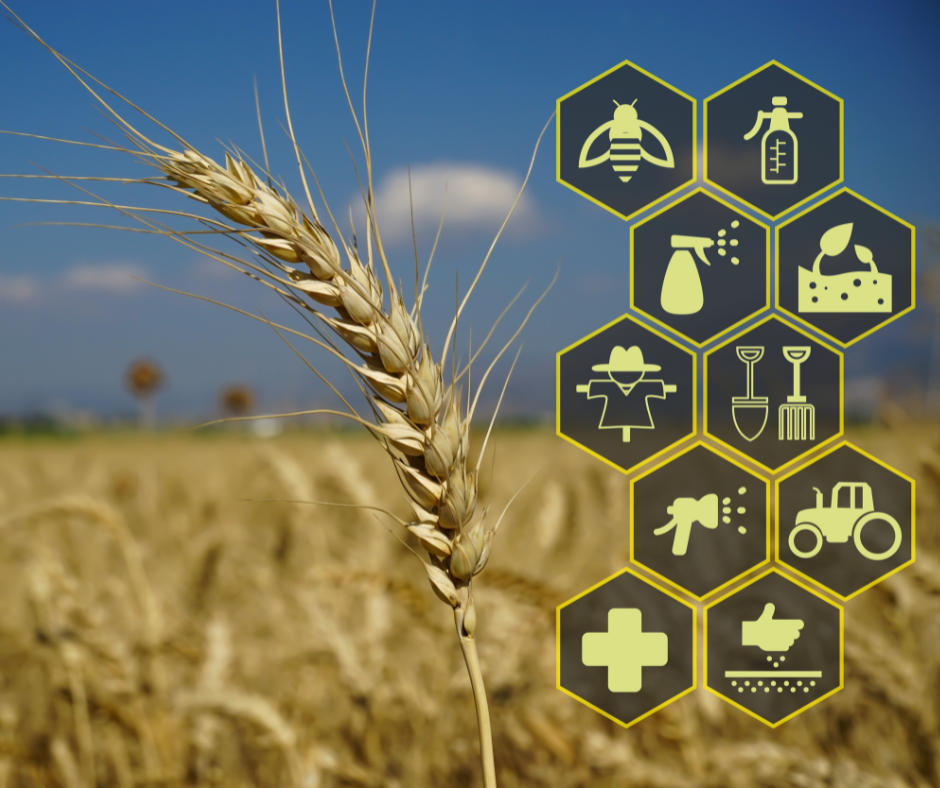
MANILA, Philippines — Agriculture Secretary William Dar said the 10-year modernization and industrialization plan for the agriculture sector would require P2.5 trillion worth of investments from the private sector on top of the budget to be allocated by the government.
In a text message to The STAR, Dar said the newly-formulated National Agriculture and Fisheries Modernization and Industrialization Plan (NAFMIP) identifies focused agricultural services and interventions across all commodity industries, which include the big infrastructure requirements of the sector.
“The plan requires budgetary support of P 2.5 trillion from the government, and another P2.5 trillion from private investments for a period of 10 years,” Dar said.
He said the strategic plan, which went through a comprehensive consultation process with all stakeholders, is anchored on an overarching goal of food sovereignty during the impacts of the Ukraine war and other global economic challenges.
Dar recently expressed his hope for the next administration to increase the Department of Agriculture (DA)’s budget next year to ensure better management of the sector amid a brewing food crisis.
“If next year’s budget is not doubled or tripled, and it will be at the same level as the budget we have today, we will always have the same problem that we have had before,” Dar said earlier.
Dar proposed an increase in the DA’s budget to P250 billion to P290 billion, or three times higher than its current budget, to support the country’s food sovereignty goals.
He said among the next administration’s priorities is to ensure that the agriculture sector has a substantial budget for it to be able to manage the sector during times of global crises, as well as natural disasters.
Dar said the brewing food crisis would be caused by three factors – the disruption in the global food supply chain, the reduced productivity of Ukraine and Russia, as well as reduced agricultural productivity in the rest of the world due to the unavailability and high cost of inputs.
“Increasing our budget is a must to remain afloat amid these challenges,” Dar said.
He said the next administration should make the country’s agriculture budget at par with its ASEAN neighbors, which allot four to five percent of their national budgets for agriculture.
Apart from urging the national government to boost its annual budget, the DA has also been encouraging private companies, including foreign businesses, to invest in the Philippine Agriculture sector.
During the Sustainable Agriculture Forum by the European Chamber of Commerce of the Philippines (ECCP) in March, Agriculture Undersecretary Leocadio Sebastian invited foreign businesses to invest in the agriculture industry.
“The Philippine agri-fishery sector is ripe for further partnerships from foreign investors,” said Sebastian.
He identified areas for investment in the agriculture sector such as coconut and cacao, saying the government is pouring interventions to raise the standards of cacao and coffee produce so it can comply with international standards and be at par with elite global producers.
“Aquaculture is an important frontier here at home, as it accounts for most of the gains of our fisheries sector and eases our reliance on our overfished waters. We also want to make the most of our advantages in shrimp and seaweed production and put Philippines provenance on the map of global gastronomic attractions,” he said.
The DA official also shared investment opportunities for farm operation technologies such as solar-powered irrigation systems as well as precision agriculture and greenhouse technologies which allows the sector to respond efficiently to climate uncertainties, among others.













